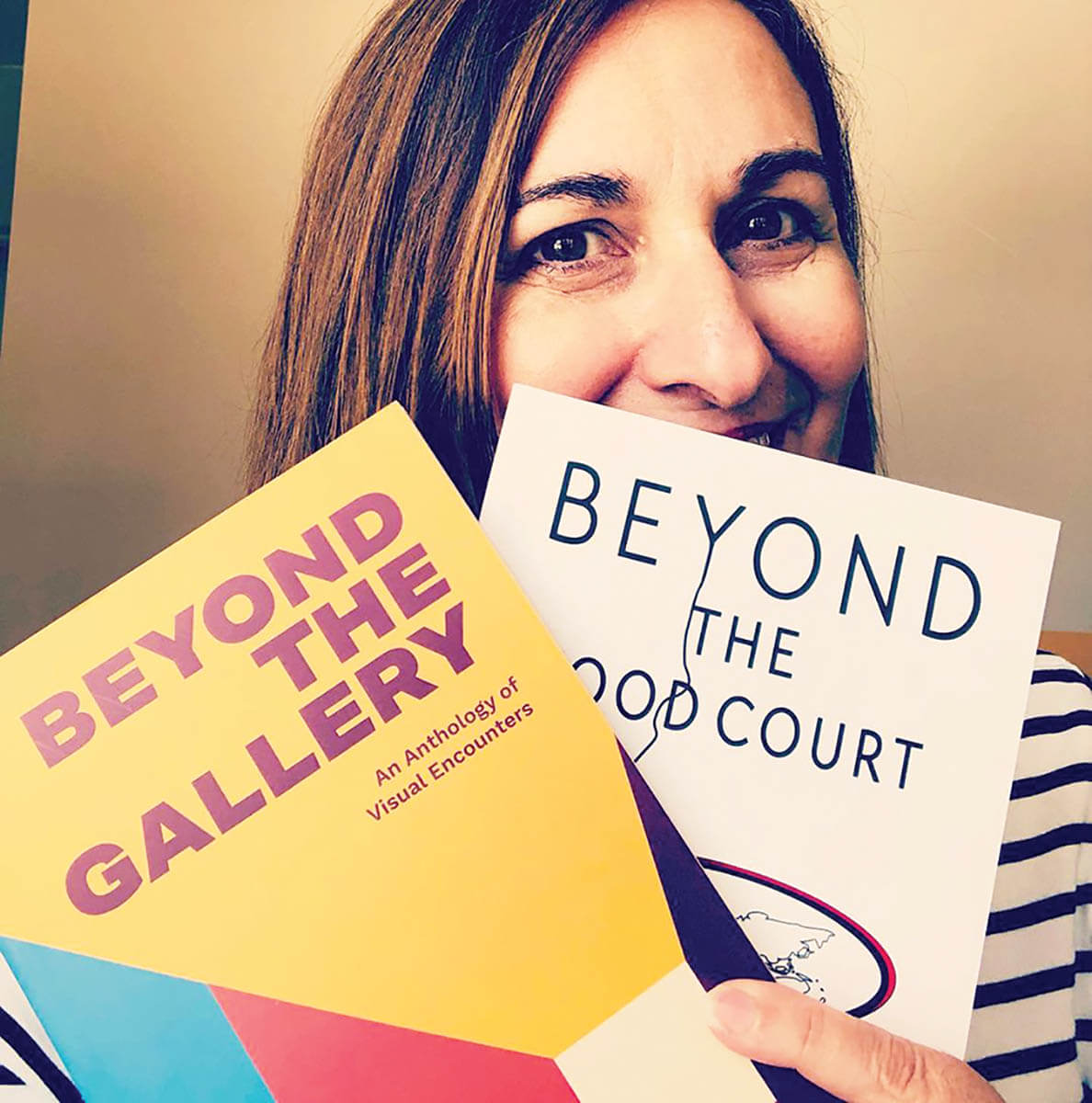This article was originally published in 2022 and some information may have changed.
Luciana Erregue-Sacchi, the owner of Edmonton’s Laberinto Press, originally planned to become a lawyer in her home country of Argentina.
She had one year left in law school when she arrived in Canada as a newlywed 30 years ago, putting her plans on hold while her husband, Mauricio, earned his PhD in geophysics at the University of British Columbia. By the time her husband accepted a position as an associate professor at the University of Alberta in the late 1990s, Erregue-Sacchi’s academic plans were a distant memory.
By then she was fully fluent in English but did most of her writing in Spanish. In graduate school, she had to write in English, which she found challenging. Reading in English was more appealing, and a course in global literature with Top 40 Under 40 alumna Diana Davidson at the U of A opened her eyes to a host of post-colonial writers, like Derek Walcott, Jamaica Kincaid, Toni Morrison and Chinua Achebe. Their work inspired her in ways that didn’t become fully clear until she began working at the Art Gallery of Alberta after graduating.
There, surrounded by all kinds of artists, Erregue-Sacchi began writing poetry in English. After one of her poems was published in The Polyglot, a local literary journal devoted to multilingual writers, she was invited to apply to join the Writers Guild of Alberta’s Borderlines Writers Circle (now the Horizons Writers Circle). That planted the seeds for Laberinto, which is dedicated to world literature in translation and original work by Canadian writers whose first language is not English.
Erregue-Sacchi’s fascination with other languages dates to her childhood, growing up in a book-filled house and singing along with her uncle’s records, which included The Beatles in English and Maria Creuza and Vinicius de Moraes in Portuguese. “I tried to imitate their sounds, singing phonetically,” she recalls.
After moving to Canada, she was surprised to discover that in a bilingual country, people seemed afraid to speak other languages, a point that was driven home when she began writing creatively and her colleagues asked if she feared that her mixed language poetry would alienate English readers.
